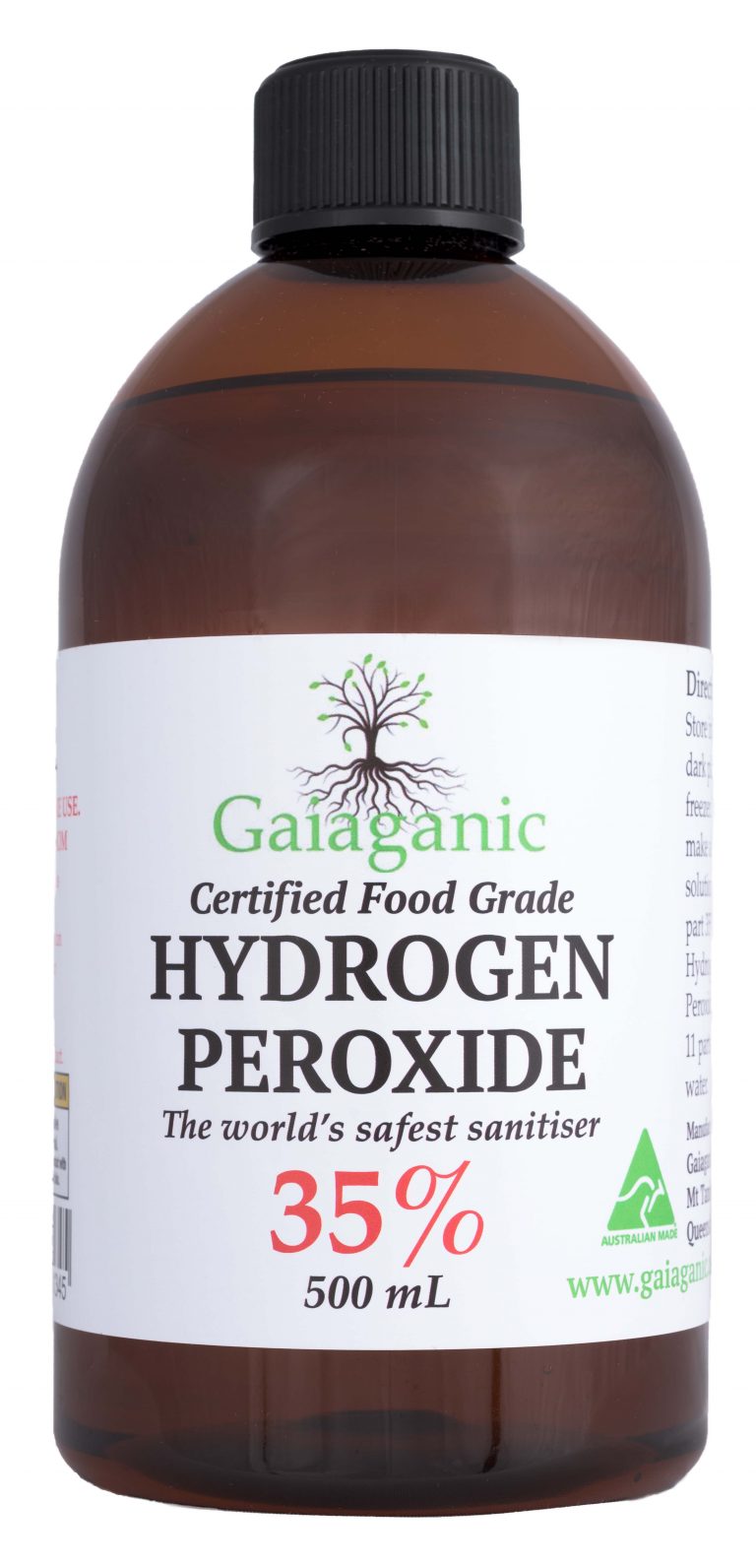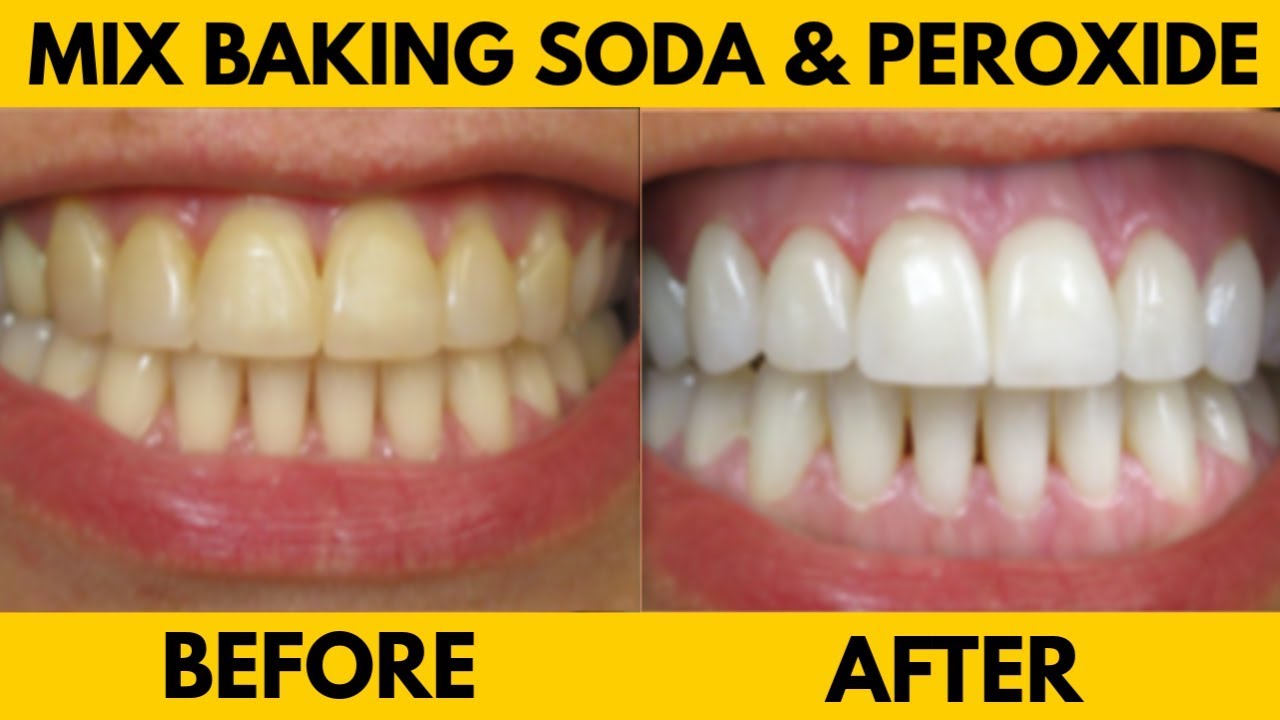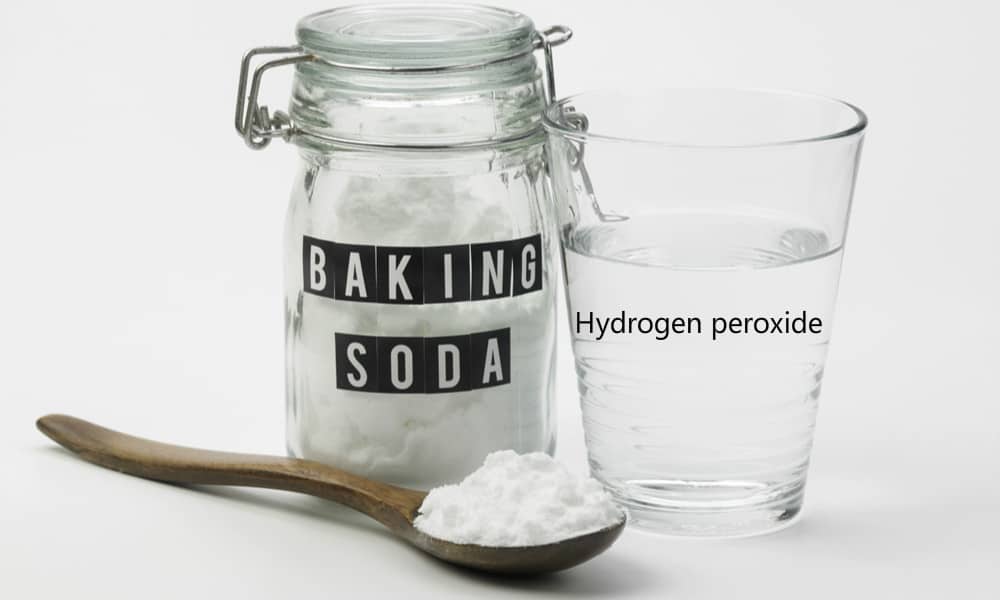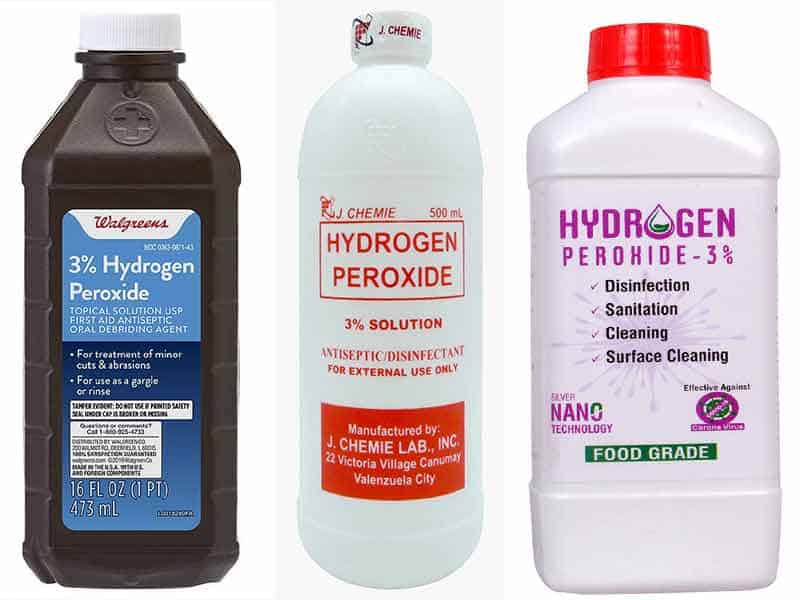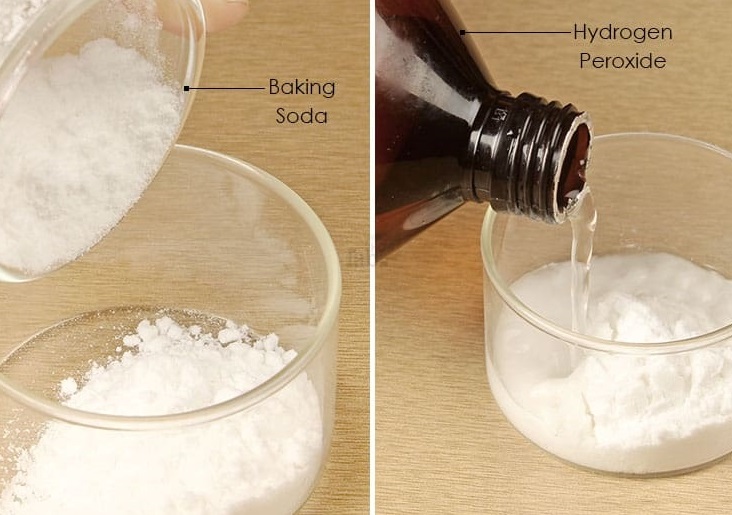If you're dealing with a clogged kitchen sink, chances are you already have the two main ingredients for this effective remedy in your pantry. Baking soda and vinegar are a powerful combination that can break down and dissolve stubborn clogs in your drain. To use this method, start by pouring a pot of boiling water down the drain to loosen up any debris. Then, pour about a cup of baking soda down the drain, followed by a cup of vinegar. Let the mixture sit for 10-15 minutes, then pour another pot of boiling water down the drain to flush it out.1. Baking Soda and Vinegar
If your kitchen sink is only partially clogged, a simple pot of boiling water may be all you need to clear it. The hot water can help to break down any grease or food particles that are causing the blockage. Simply boil a pot of water on the stove, and carefully pour it down the drain in a slow, steady stream. Repeat this process a few times until the clog is cleared, and be sure to run some cold water down the drain afterwards to prevent any potential damage to your pipes.2. Boiling Water
If you're dealing with a greasy clog, try using a combination of salt and hot water to break it down. The coarse texture of the salt can help to scrub away the grease, while the hot water will help to melt it. To use this method, mix 1/2 cup of salt with a pot of boiling water, and pour it down the drain. Let it sit for a few minutes, then follow up with another pot of boiling water to flush out the clog.3. Salt and Hot Water
A plunger is a tried and true method for unclogging a kitchen sink. If you have a double sink, make sure to block off the other drain with a wet cloth or plunger to create suction. Then, place the plunger over the clogged drain and push down firmly, creating a seal. Pull up and repeat this motion a few times until the clog is cleared. Be sure to run some water down the drain afterwards to check for any remaining blockages.4. Plunger
If you don't have any baking soda or vinegar on hand, dish soap can also be an effective tool for unclogging your kitchen sink. The soap can help to break down any greasy clogs, allowing them to easily wash away with hot water. To use this method, squirt a generous amount of dish soap down the drain, followed by a pot of hot water. Let it sit for a few minutes, then flush it out with another pot of hot water.5. Dish Soap and Hot Water
If you suspect that the clog in your kitchen sink is caused by a physical obstruction, such as hair or food particles, a wire hanger can be a useful tool for removing it. Unbend a wire hanger and create a small hook on one end. Insert the hook into the drain and try to hook onto the obstruction. Once you have a good grip, pull it out and dispose of it. Be sure to run some hot water down the drain afterwards to flush out any remaining debris.6. Wire Hanger
If you have a wet and dry vacuum, it can also be a helpful tool for unclogging your kitchen sink. Simply set the vacuum to the wet setting and cover the vent with a cloth or towel to create suction. Place the hose over the drain and turn on the vacuum, allowing it to suck out the clog. This method can be especially effective for removing larger obstructions, such as food or debris.7. Wet and Dry Vacuum
If you have a particularly stubborn clog in your kitchen sink, you may need to bring out the big guns. Caustic soda, also known as sodium hydroxide, is a strong chemical that can be effective in breaking down tough clogs. Be sure to follow the instructions carefully when using this method, as the chemical can be dangerous if mishandled. Wear gloves and eye protection, and flush the drain with plenty of water afterwards to avoid any potential damage to your pipes.8. Caustic Soda
If you prefer a more natural approach to unclogging your kitchen sink, an enzyme drain cleaner can be a good option. These cleaners use natural enzymes to break down clogs, making them safe for your pipes and the environment. Simply pour the recommended amount of cleaner down the drain, and let it sit for the suggested amount of time before flushing it out with hot water. Repeat this process if necessary until the clog is cleared.9. Enzyme Drain Cleaner
For a powerful and eco-friendly drain cleaner, try combining hydrogen peroxide and baking soda. Together, they can create a foaming reaction that can help to break down stubborn clogs. Mix equal parts of hydrogen peroxide and baking soda and pour it down the drain. Let it sit for 15-20 minutes, then follow up with a pot of boiling water to flush it out. With these top 10 home remedies at your disposal, you can easily unclog your kitchen sink without the use of harsh chemicals or expensive plumbing services. Remember to regularly clean and maintain your drains to prevent future clogs, and always be cautious when handling any chemical products.10. Hydrogen Peroxide and Baking Soda
Additional Home Remedies for a Clogged Kitchen Sink
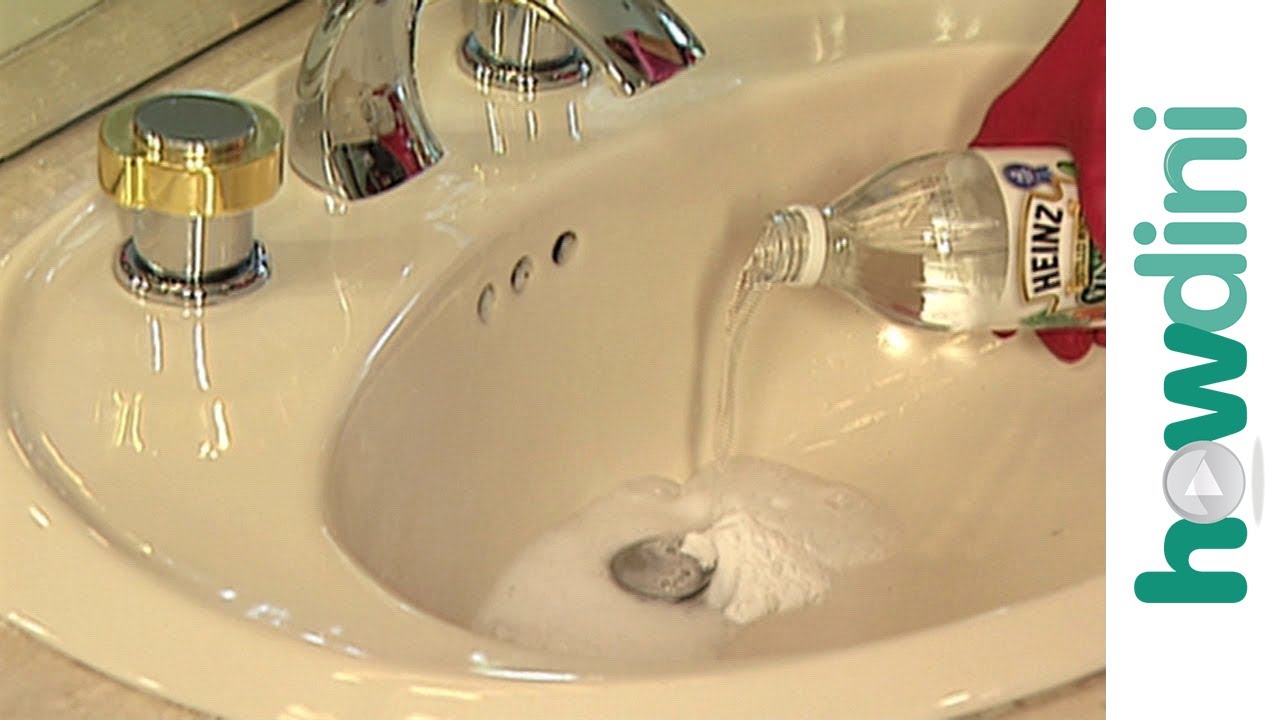
Hot Water and Dish Soap
 One simple remedy for a clogged kitchen sink is a mixture of hot water and dish soap. This combination can help to dissolve and flush away any buildup of grease and food particles in the drain. Start by boiling a pot of water on the stove. Once boiling, remove it from heat and add a few tablespoons of
dish soap
to the pot. Slowly pour the mixture down the drain and let it sit for a few minutes. Then, run hot tap water down the drain to flush out the soap and any loosened debris.
One simple remedy for a clogged kitchen sink is a mixture of hot water and dish soap. This combination can help to dissolve and flush away any buildup of grease and food particles in the drain. Start by boiling a pot of water on the stove. Once boiling, remove it from heat and add a few tablespoons of
dish soap
to the pot. Slowly pour the mixture down the drain and let it sit for a few minutes. Then, run hot tap water down the drain to flush out the soap and any loosened debris.
Baking Soda and Vinegar
 Another popular home remedy for unclogging a kitchen sink is a mixture of
baking soda
and
vinegar
. This combination creates a chemical reaction that can help to loosen and dissolve clogs. Start by pouring a pot of boiling water down the drain to soften any debris. Next, pour 1/2 cup of baking soda down the drain, followed by 1 cup of vinegar. Cover the drain with a cloth or stopper to allow the mixture to fizz and work its way through the pipes. After about 15 minutes, remove the cover and pour another pot of boiling water down the drain to flush out the mixture.
Another popular home remedy for unclogging a kitchen sink is a mixture of
baking soda
and
vinegar
. This combination creates a chemical reaction that can help to loosen and dissolve clogs. Start by pouring a pot of boiling water down the drain to soften any debris. Next, pour 1/2 cup of baking soda down the drain, followed by 1 cup of vinegar. Cover the drain with a cloth or stopper to allow the mixture to fizz and work its way through the pipes. After about 15 minutes, remove the cover and pour another pot of boiling water down the drain to flush out the mixture.
Plunger
 If your sink is still clogged after trying these remedies, a plunger may be able to do the trick. Fill the sink with enough water to cover the plunger and place the plunger over the drain. Push and pull the plunger vigorously to create suction and dislodge the clog. You may need to repeat this process a few times to completely clear the clog.
If your sink is still clogged after trying these remedies, a plunger may be able to do the trick. Fill the sink with enough water to cover the plunger and place the plunger over the drain. Push and pull the plunger vigorously to create suction and dislodge the clog. You may need to repeat this process a few times to completely clear the clog.
Wire Hanger
 For more stubborn clogs, a wire hanger can be used to clear out any debris that may be stuck in the pipes. Straighten out a wire hanger and create a small hook at one end. Carefully insert the hook into the drain and use it to fish out any hair or other debris that may be causing the clog.
For more stubborn clogs, a wire hanger can be used to clear out any debris that may be stuck in the pipes. Straighten out a wire hanger and create a small hook at one end. Carefully insert the hook into the drain and use it to fish out any hair or other debris that may be causing the clog.
Prevention is Key
 While these home remedies can help to unclog a kitchen sink, it's important to practice prevention to avoid future clogs. Install a sink strainer to catch any food particles and regularly clean out the drain to remove any buildup. Avoid pouring grease and oil down the drain and use a garbage disposal to grind up larger food scraps. By taking these preventative measures, you can keep your kitchen sink running smoothly and avoid the hassle of a clog.
While these home remedies can help to unclog a kitchen sink, it's important to practice prevention to avoid future clogs. Install a sink strainer to catch any food particles and regularly clean out the drain to remove any buildup. Avoid pouring grease and oil down the drain and use a garbage disposal to grind up larger food scraps. By taking these preventative measures, you can keep your kitchen sink running smoothly and avoid the hassle of a clog.



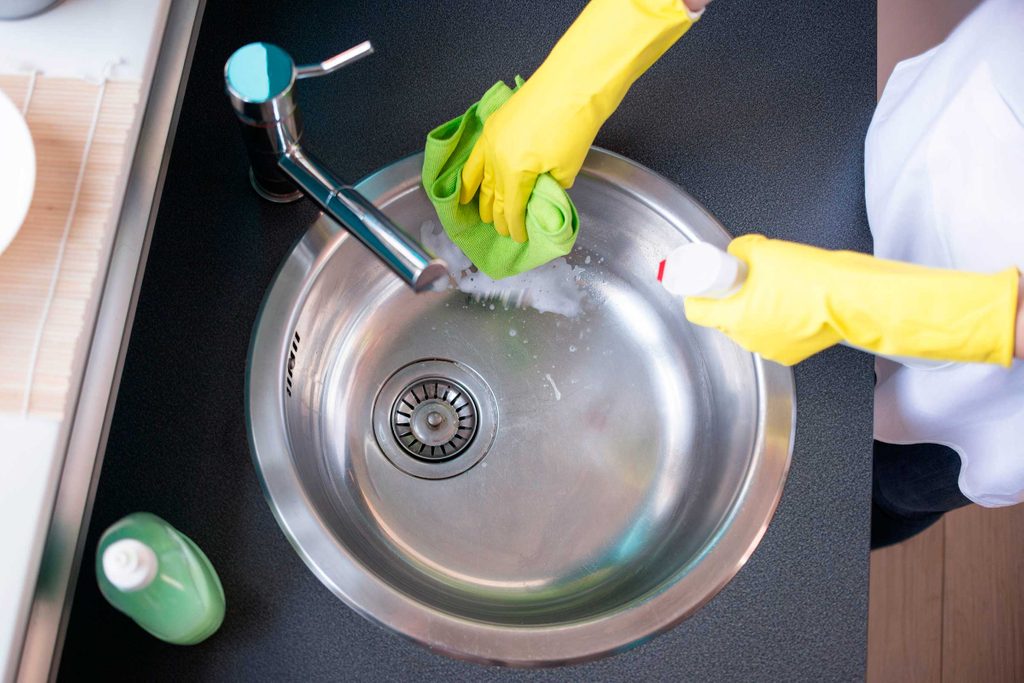
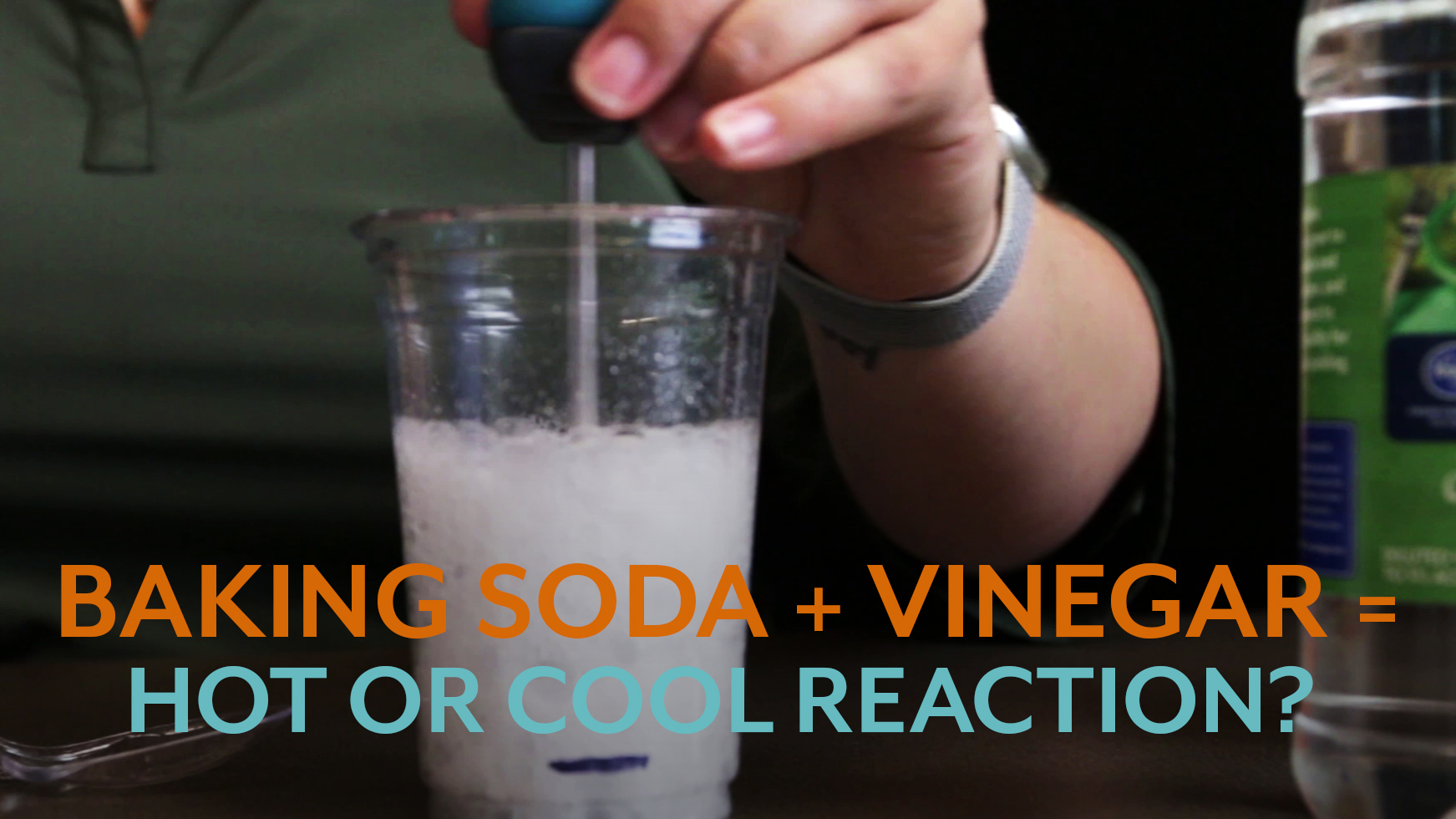



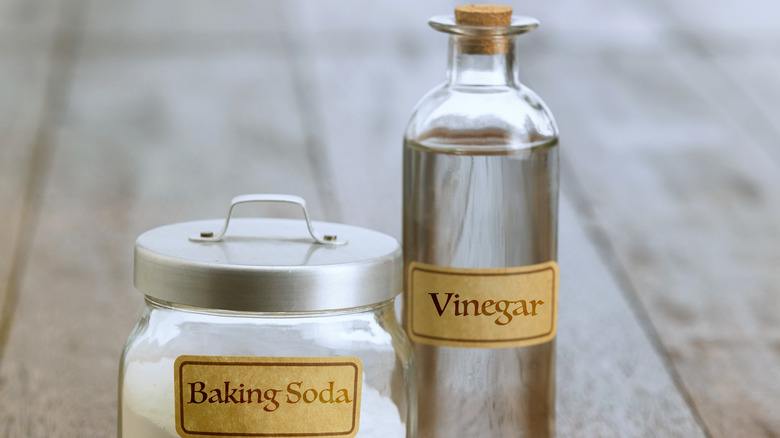



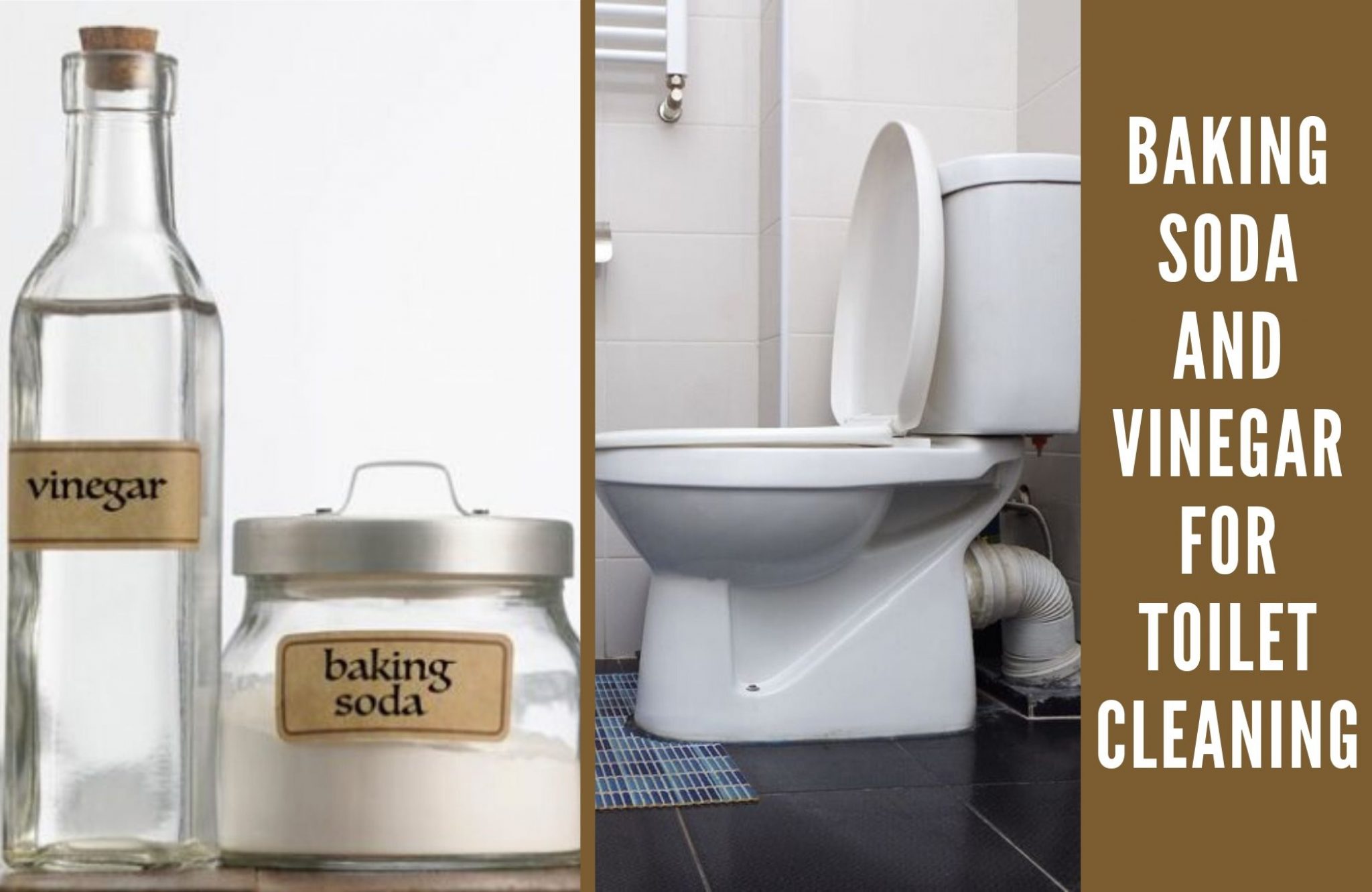



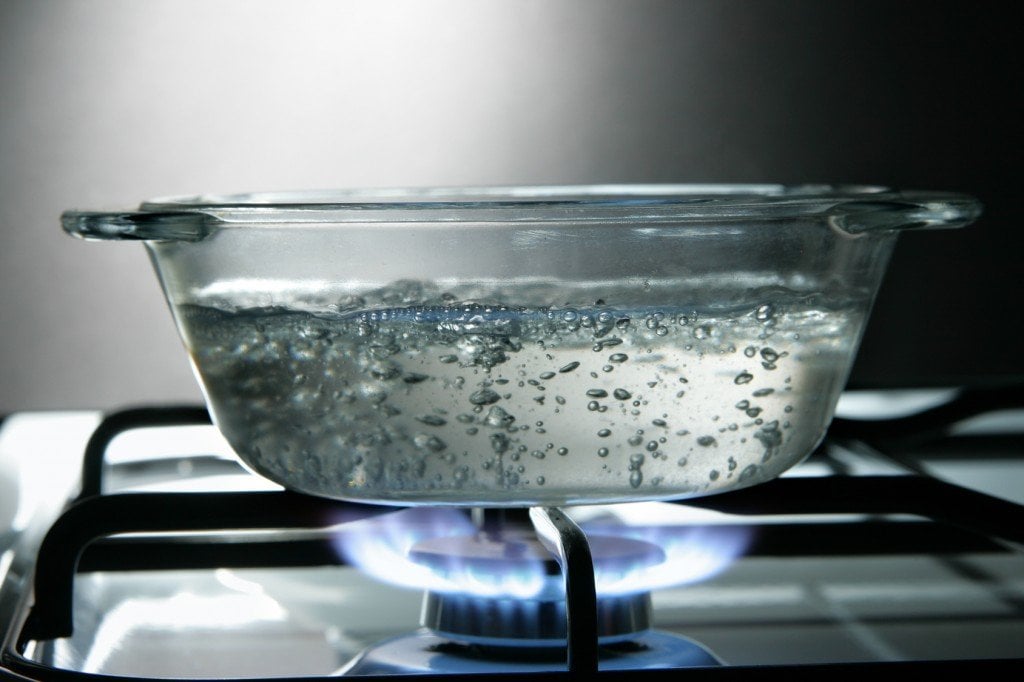

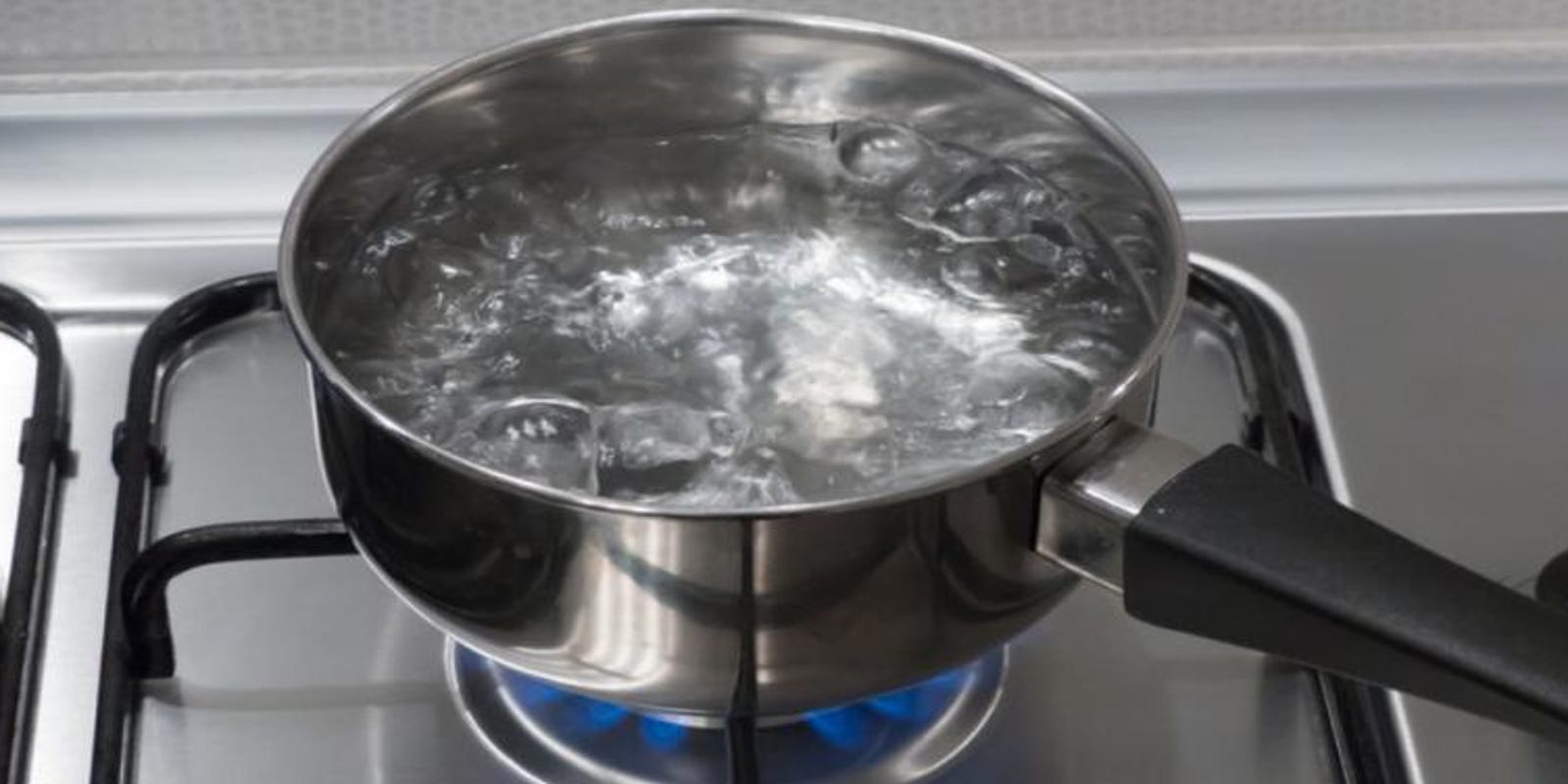

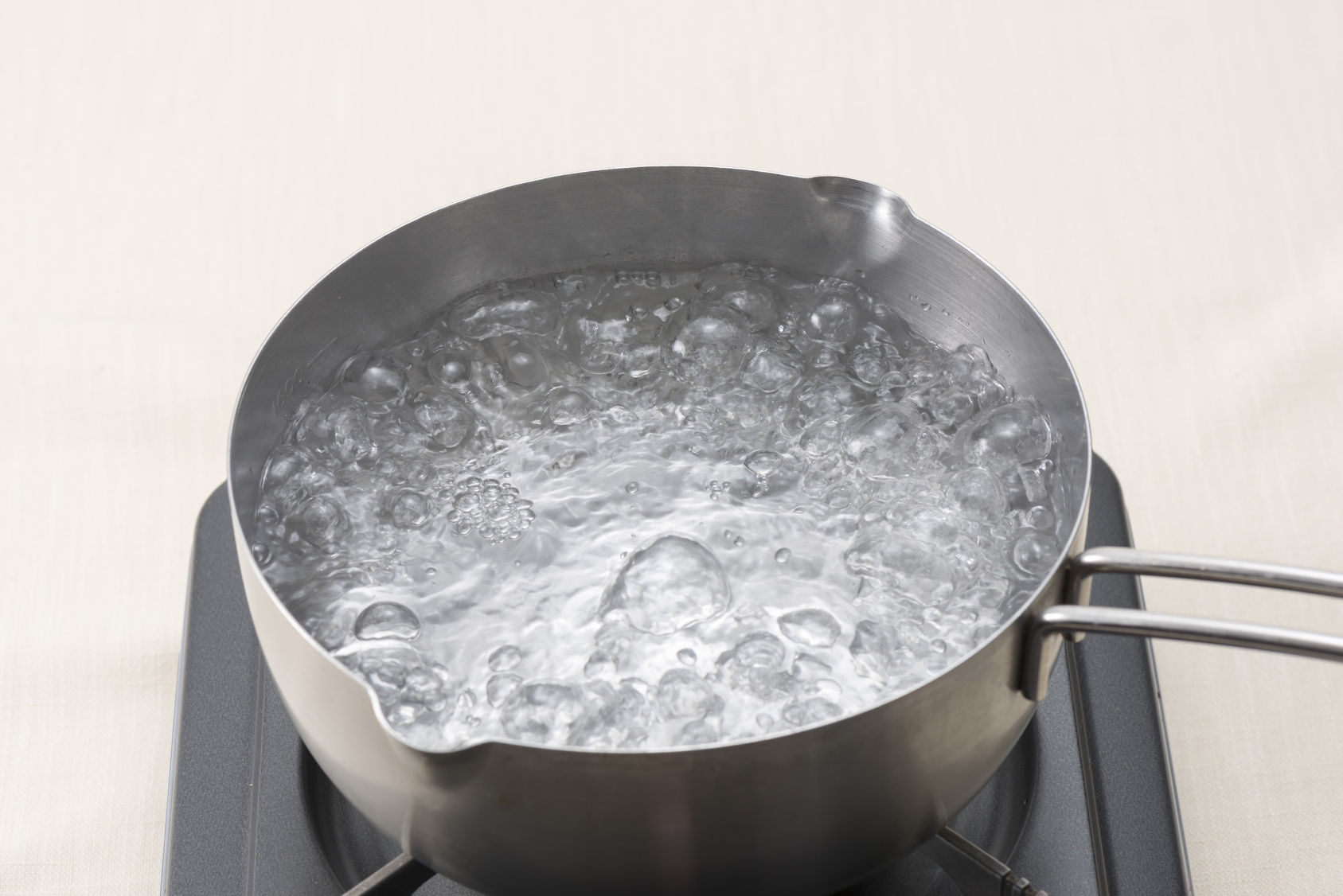
/boiling-water-on-gas-stove-143735234-5790aeb35f9b584d2005e949.jpg)
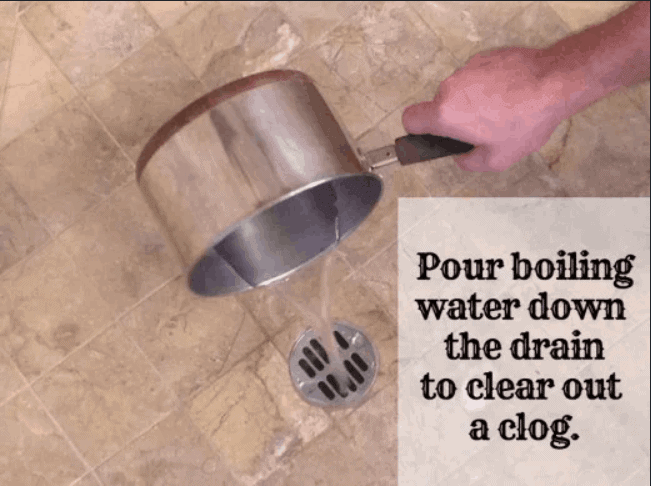


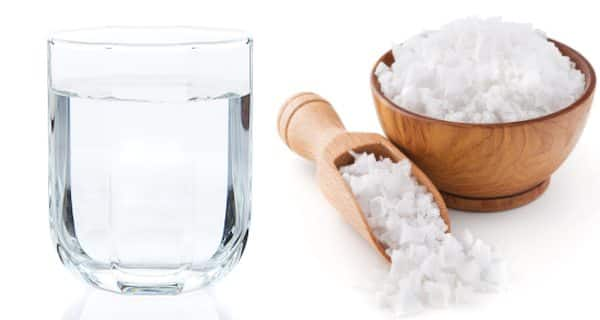






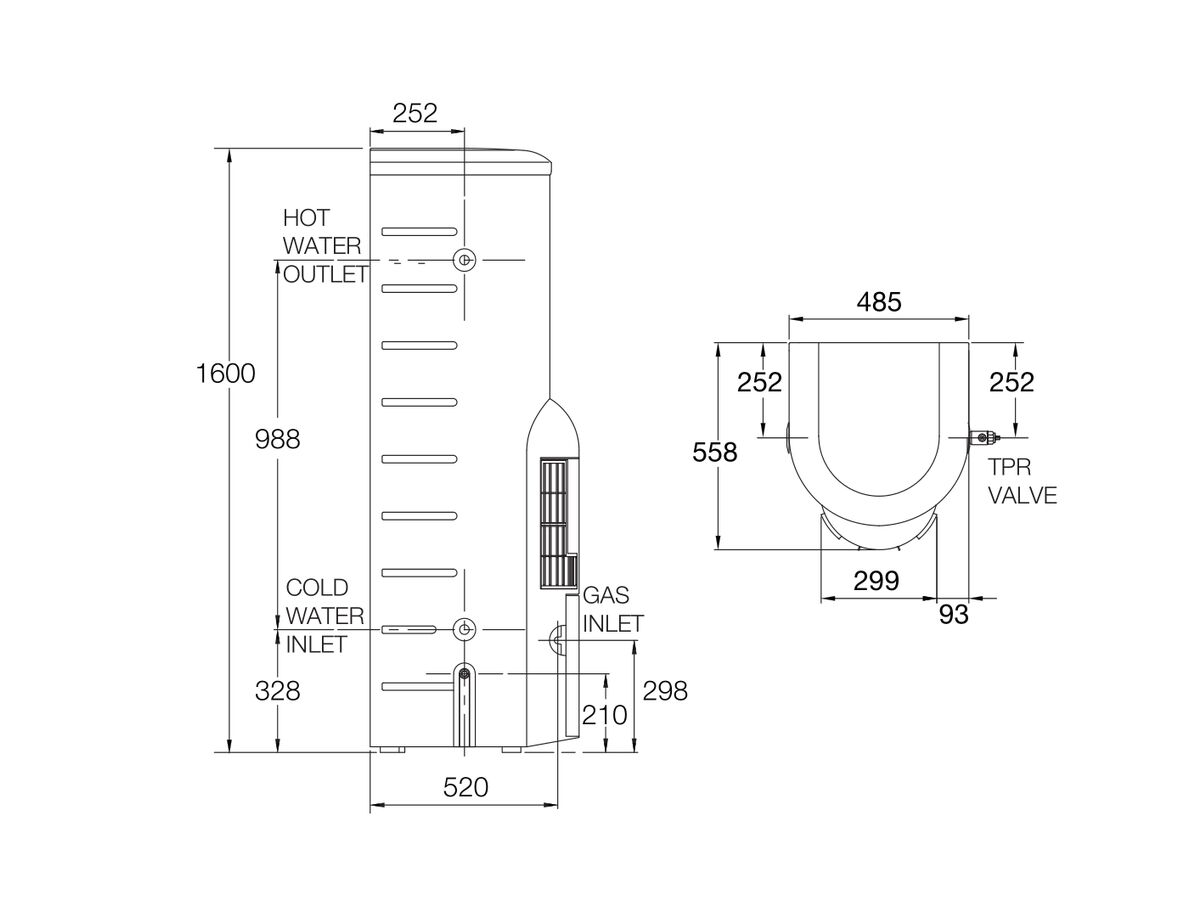




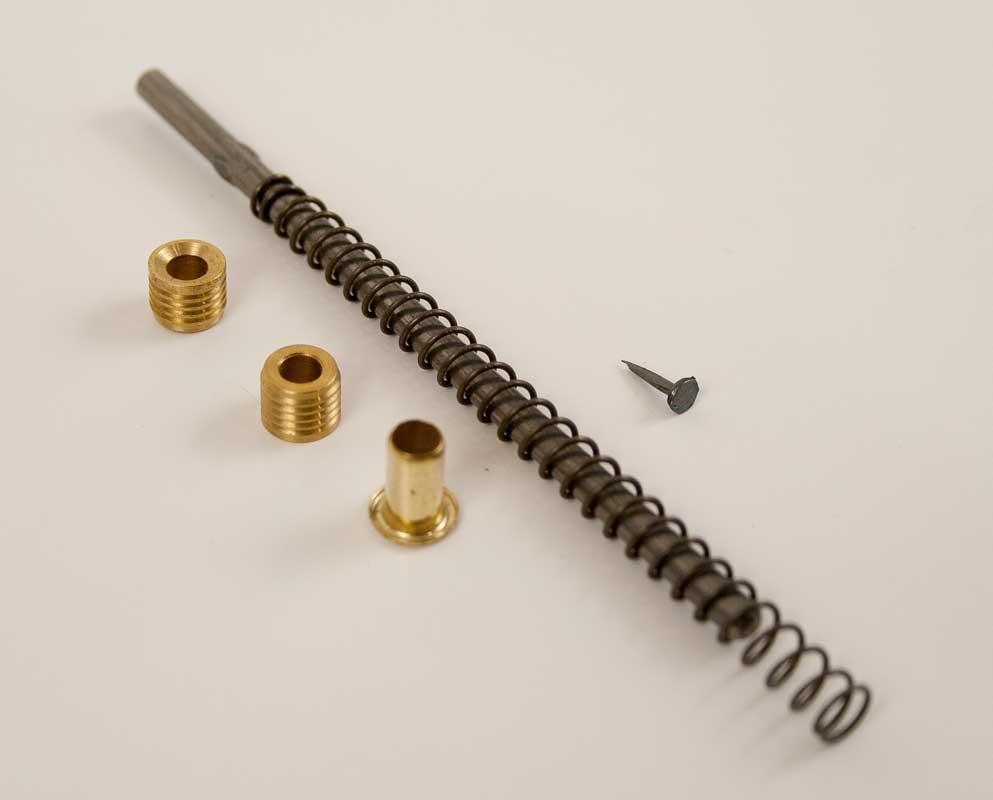


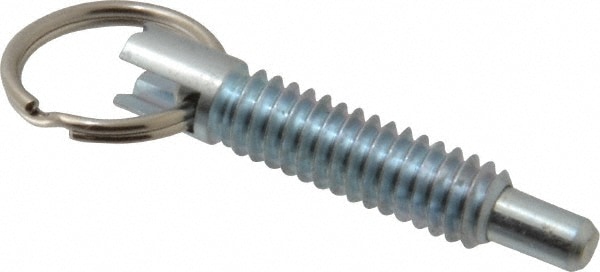


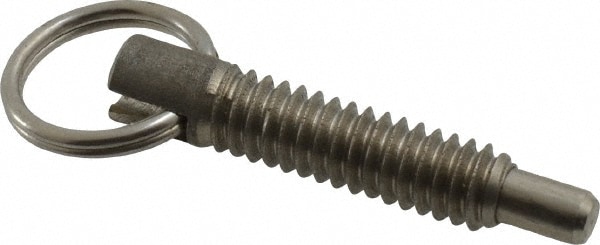
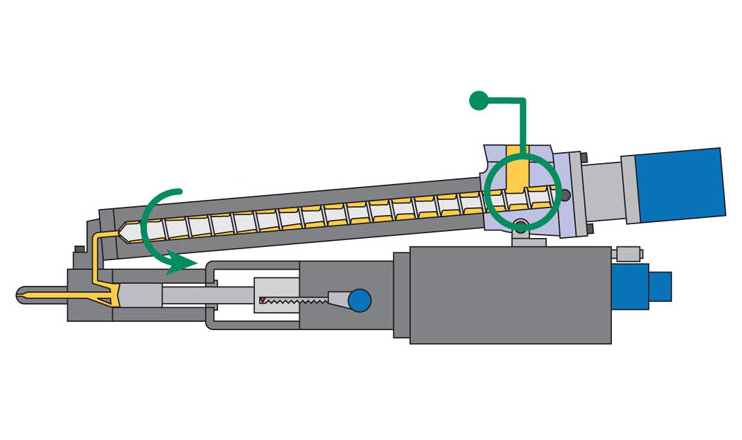
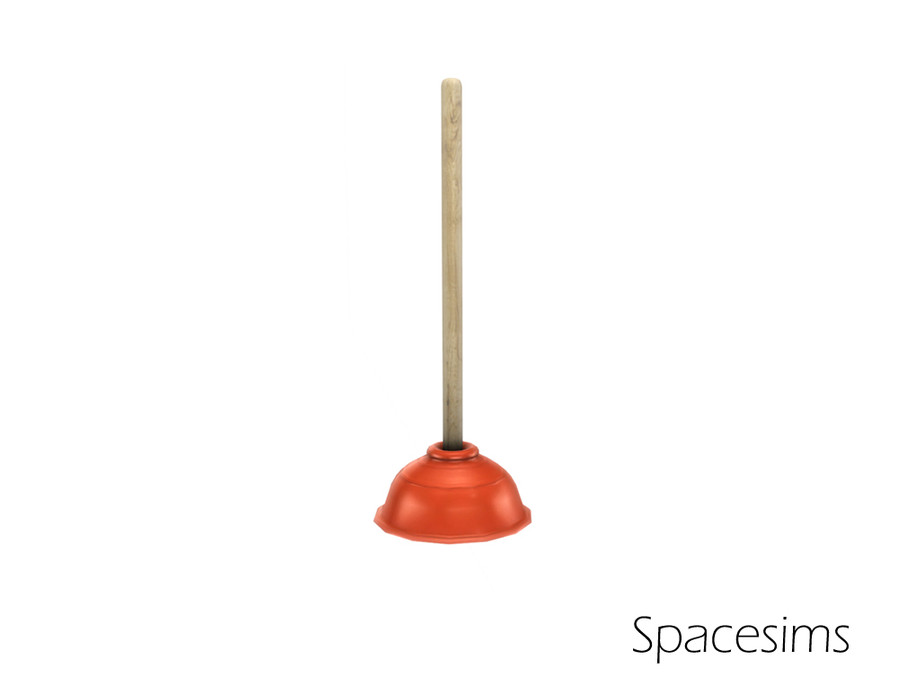

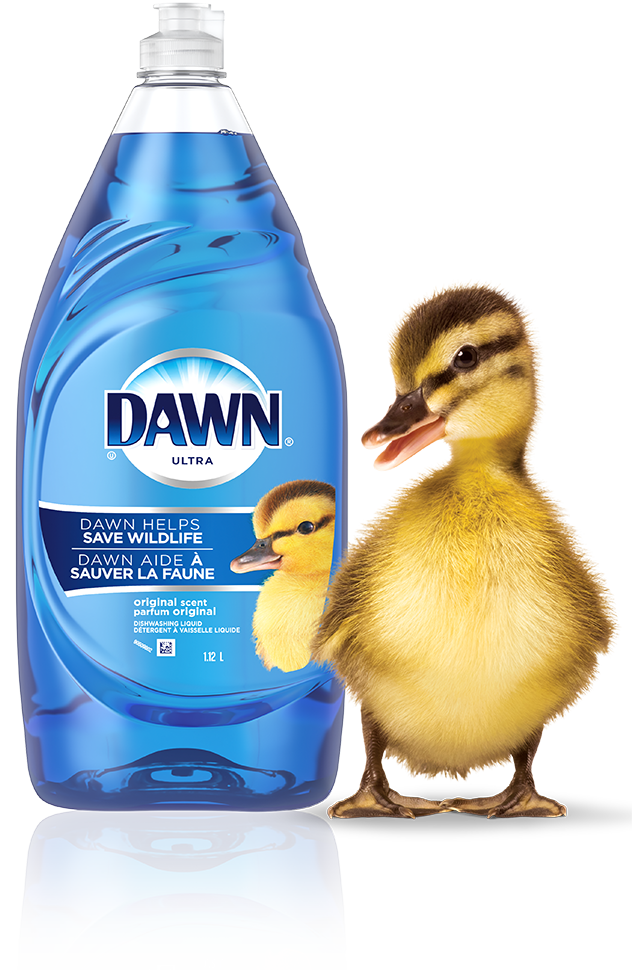

/GettyImages-80566571-5a1ca234aad52b00373338ff.jpg)
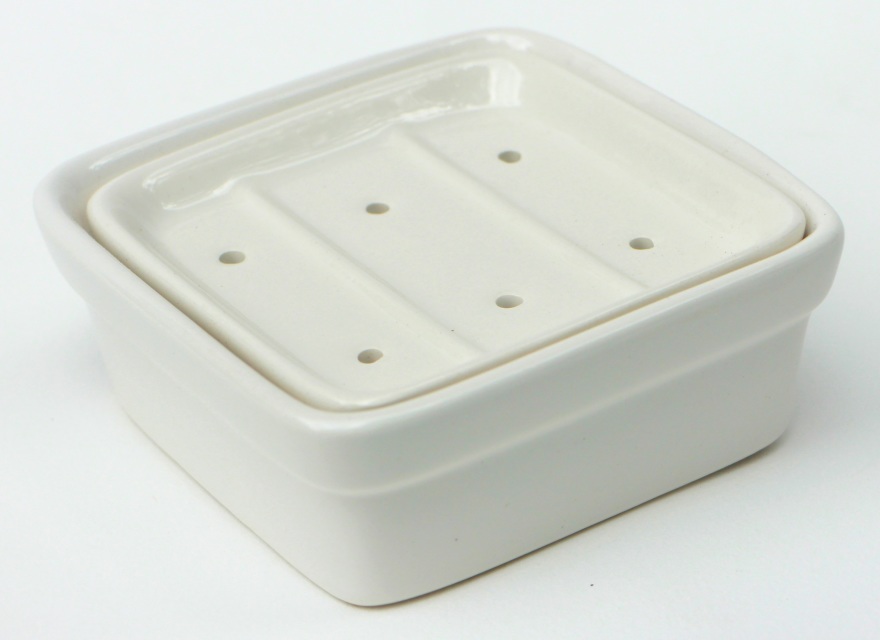

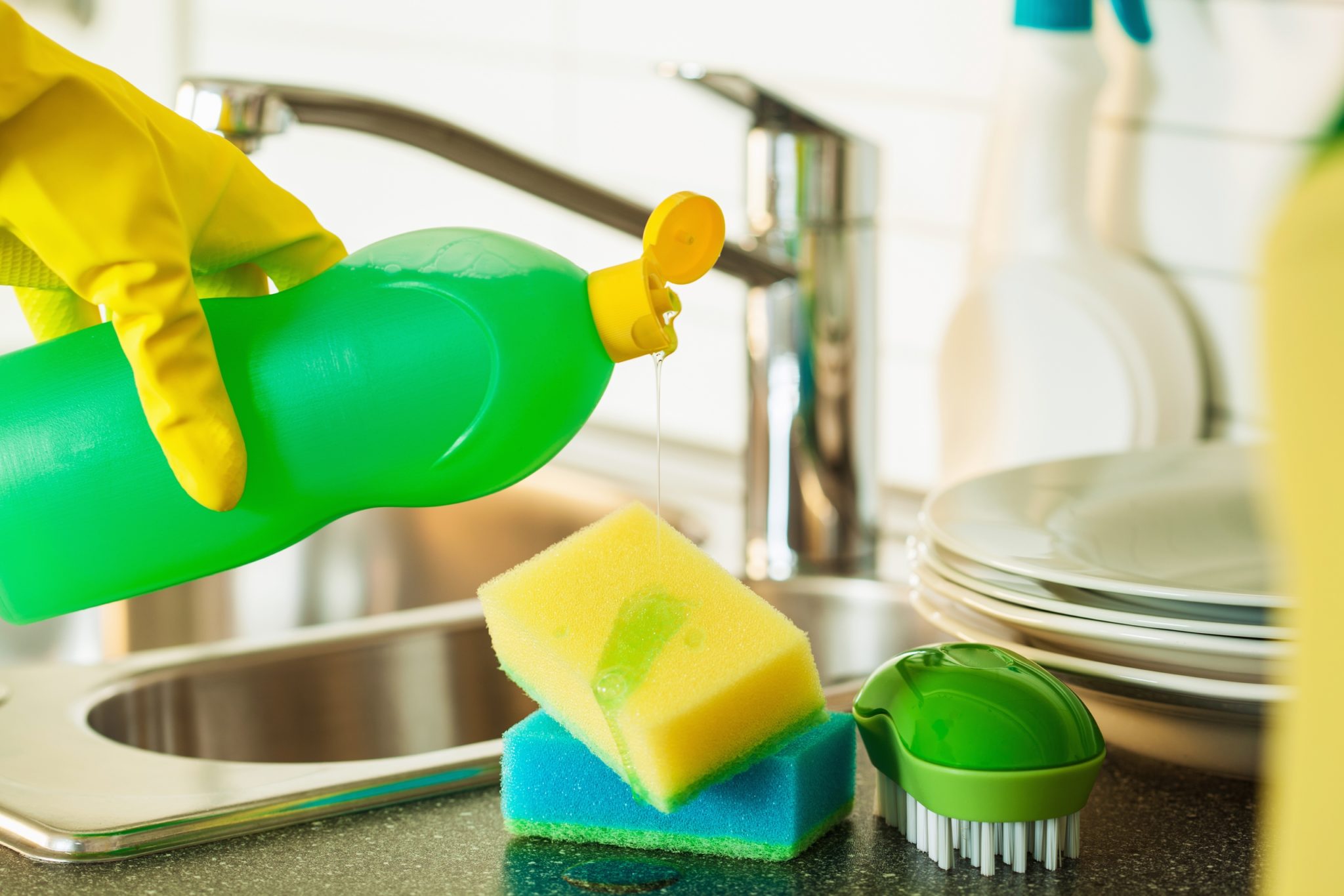
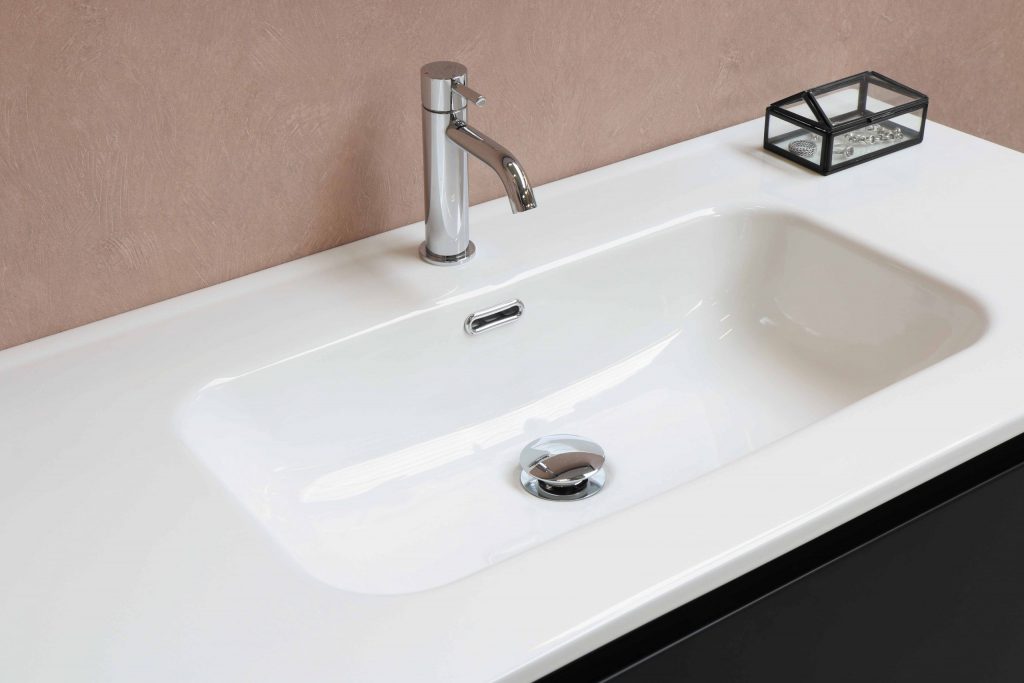
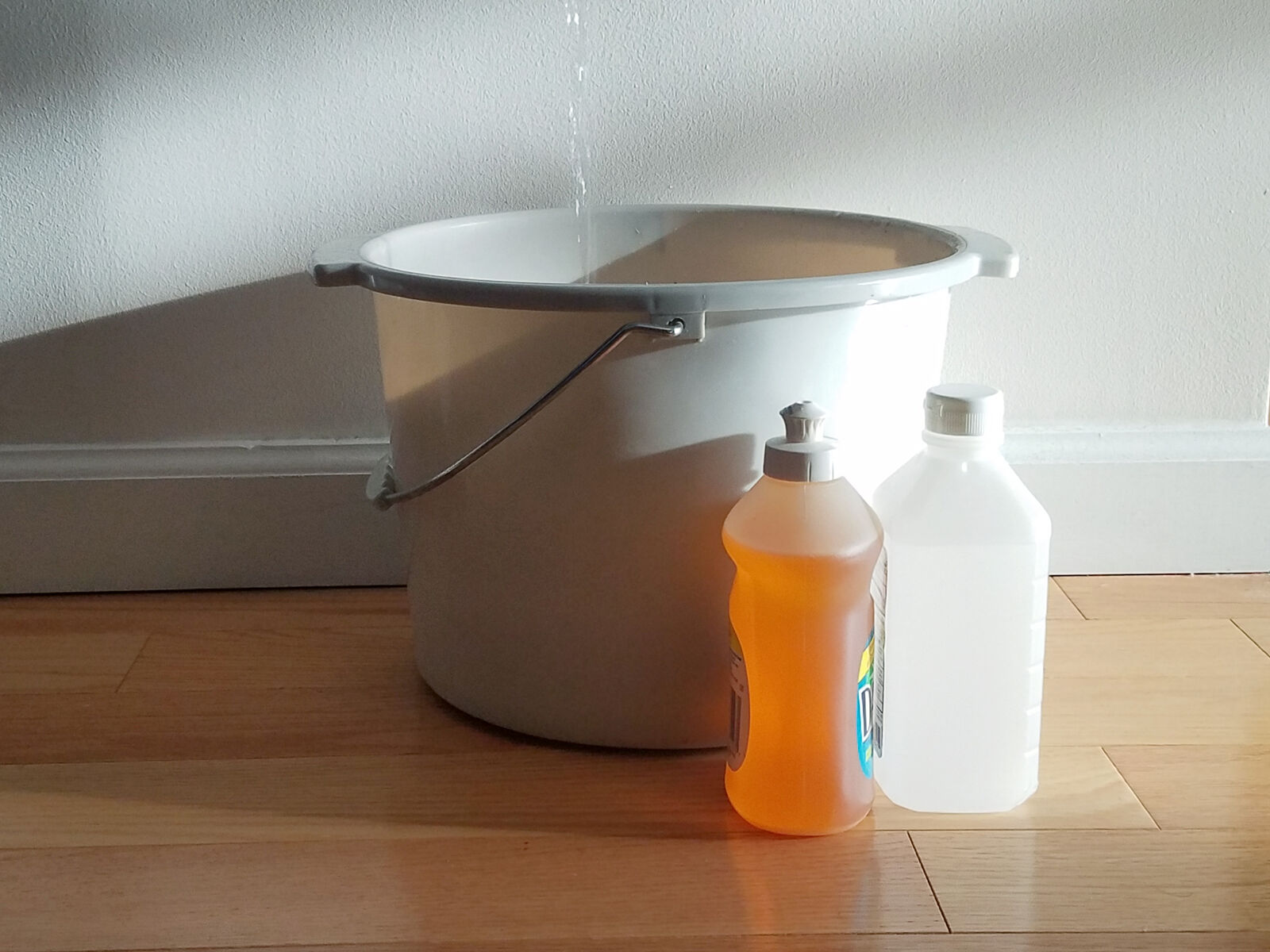
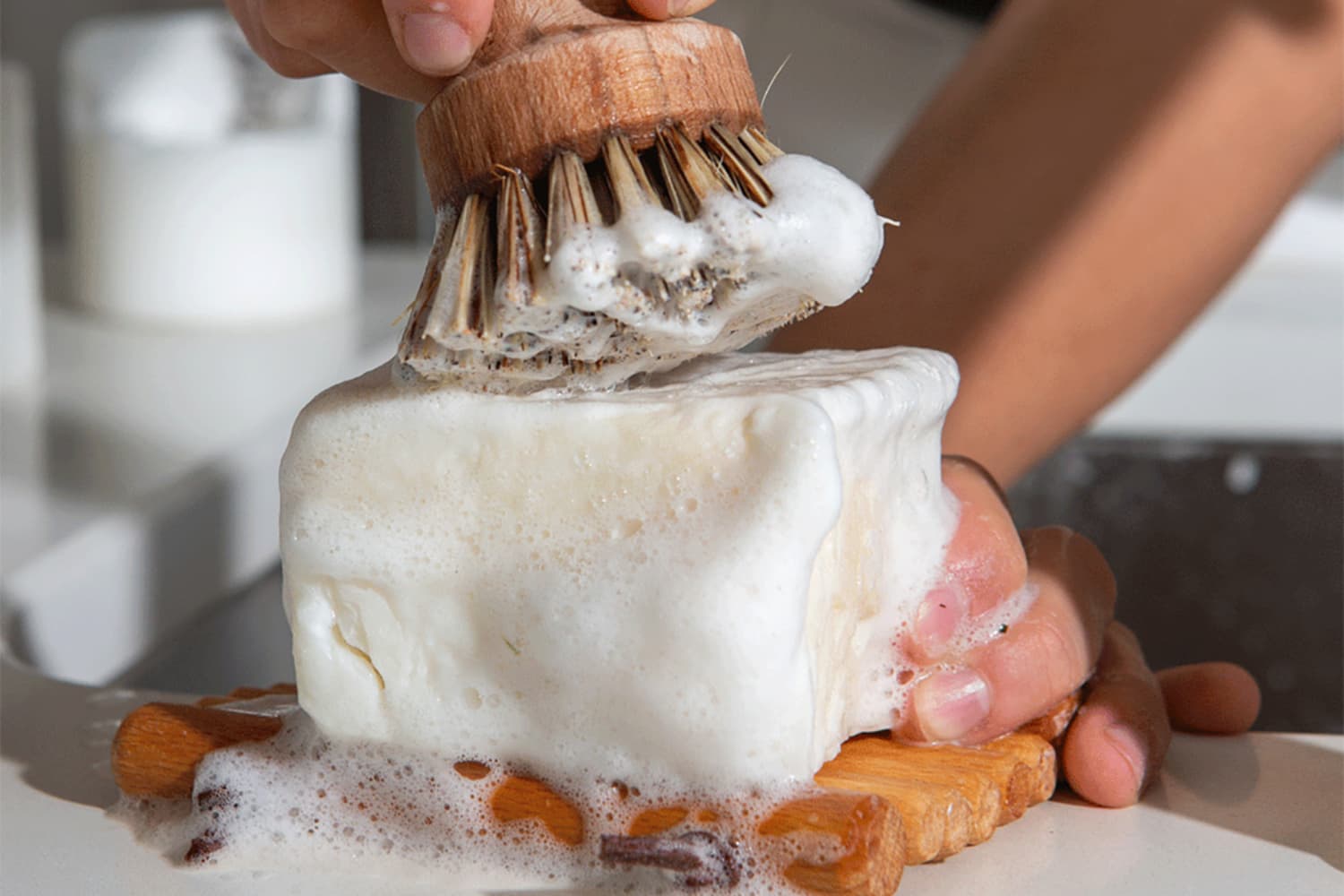
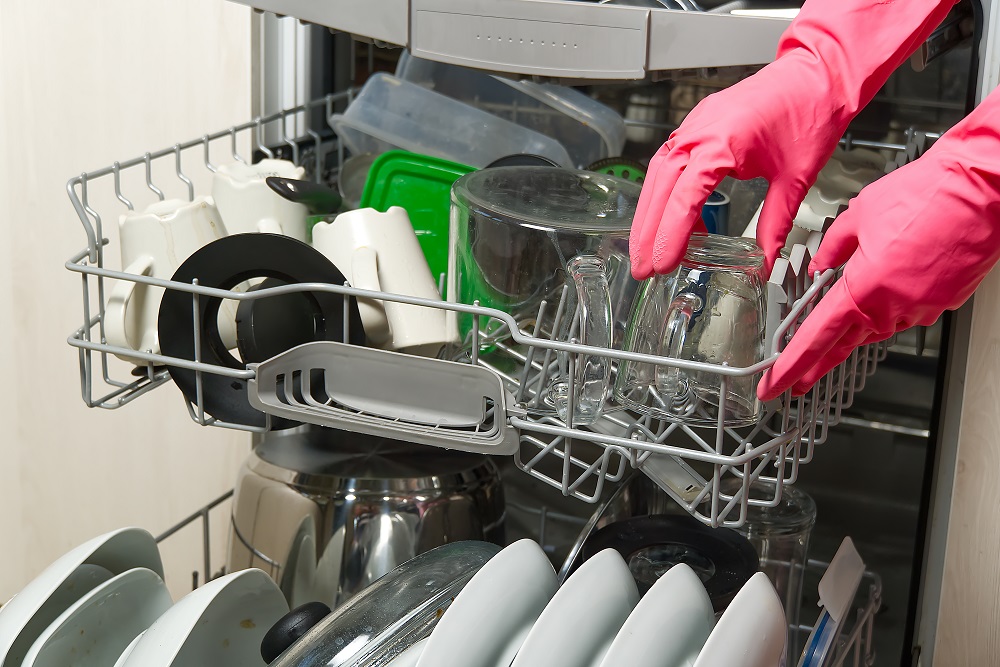
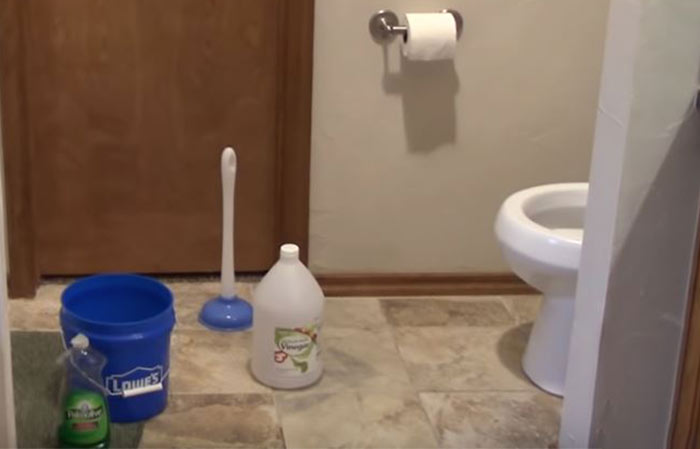


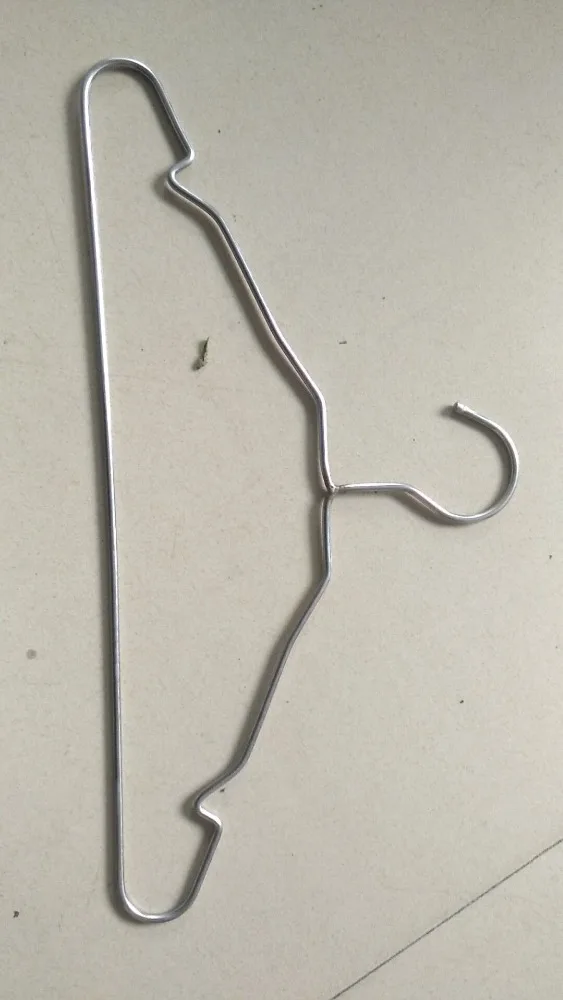

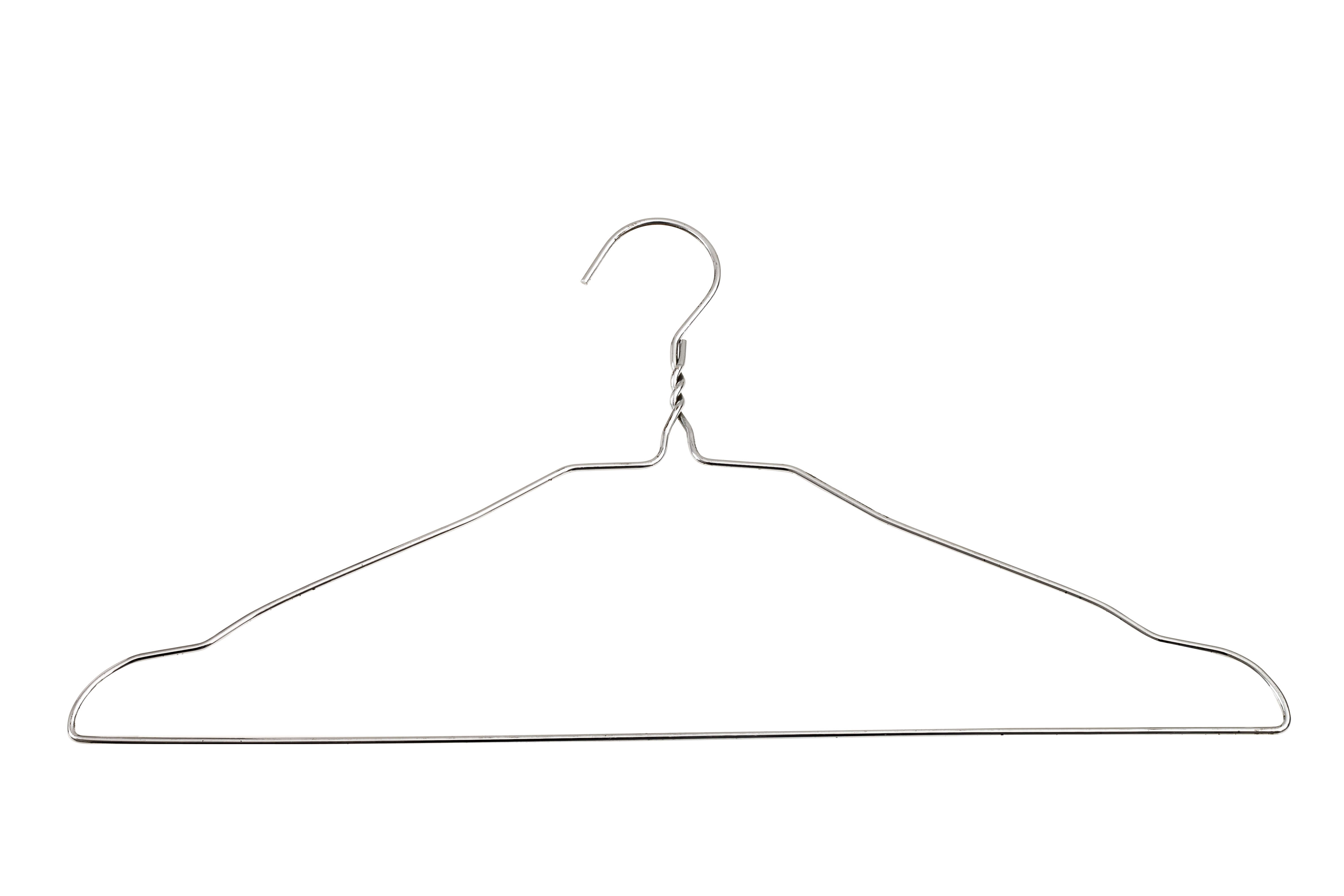
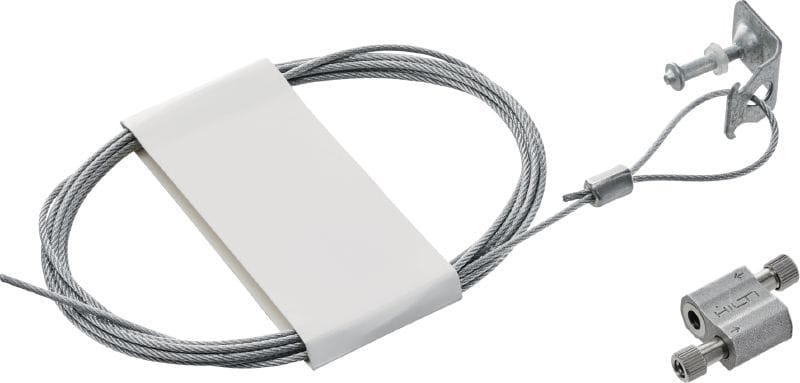




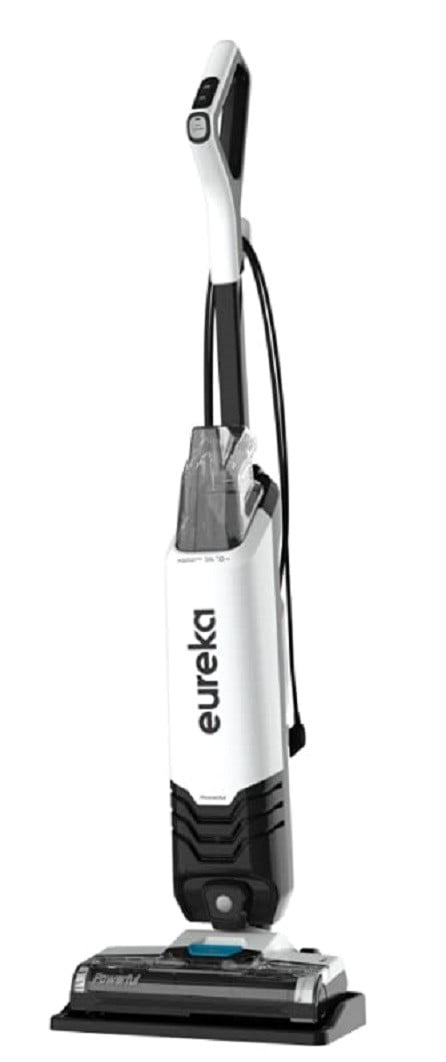


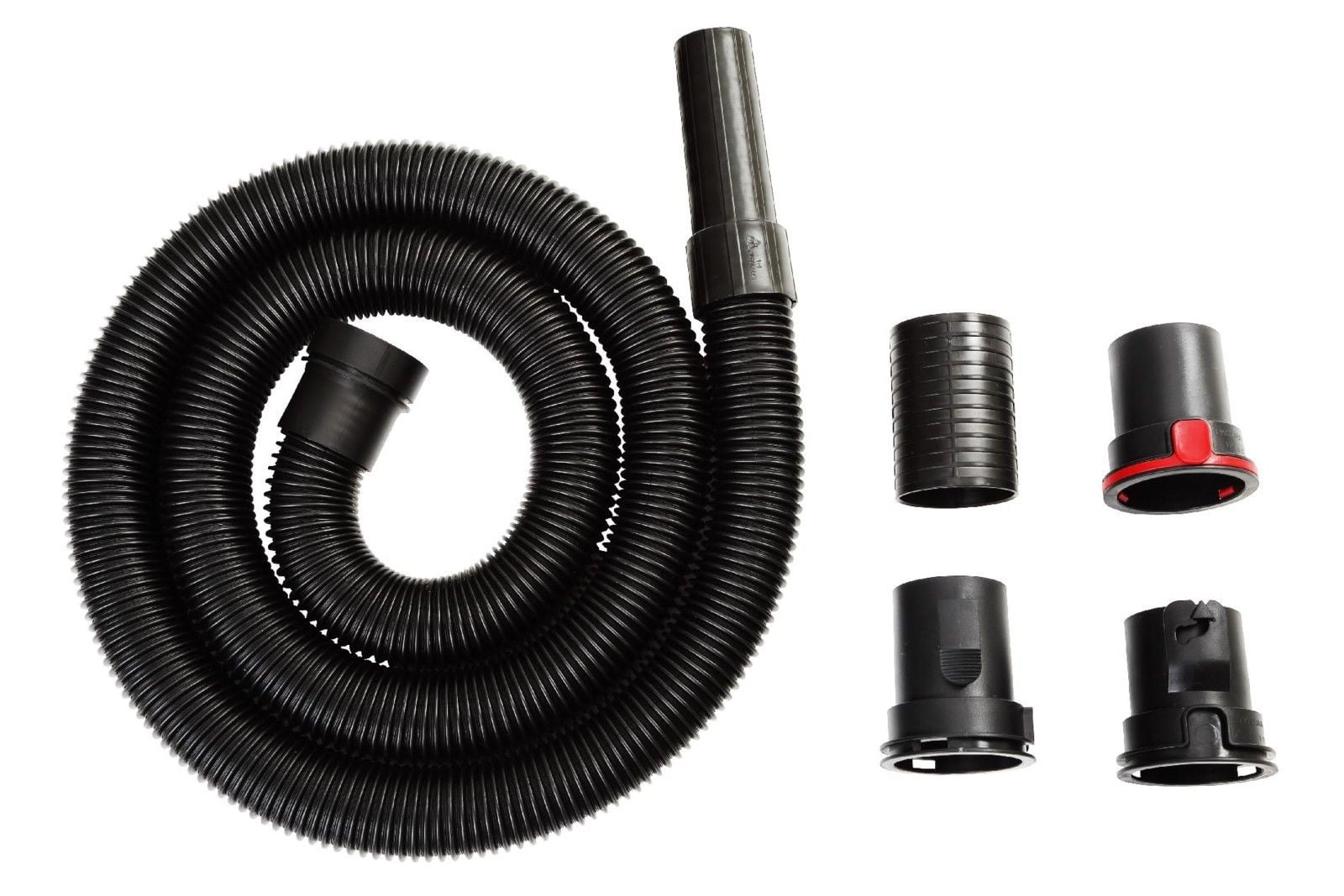
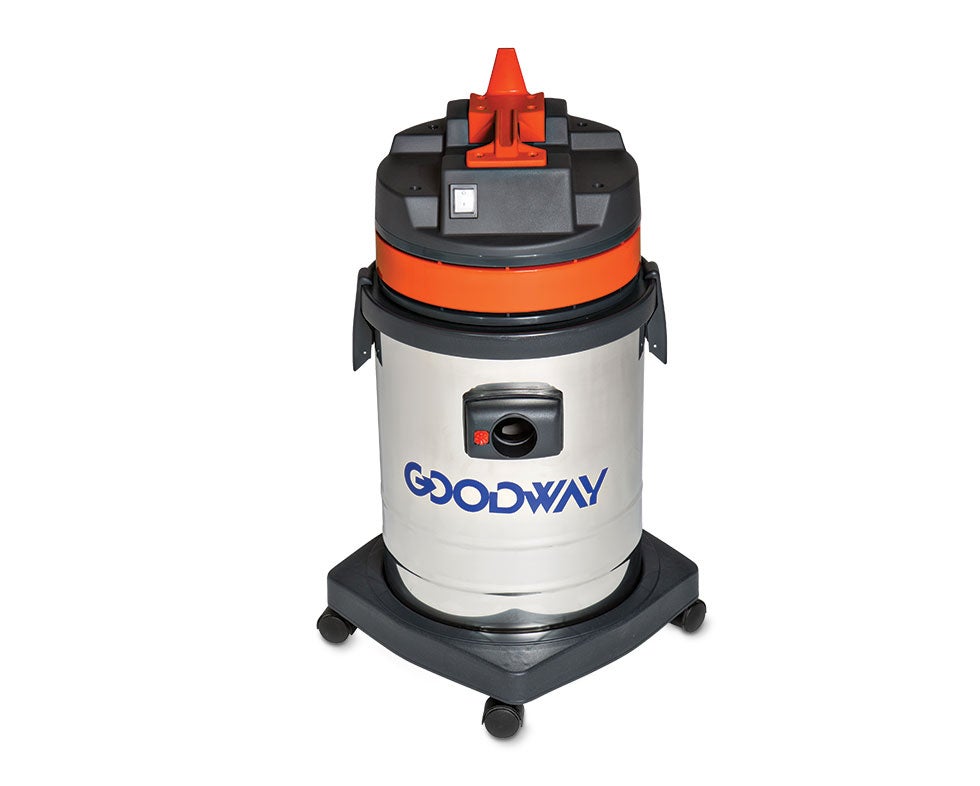
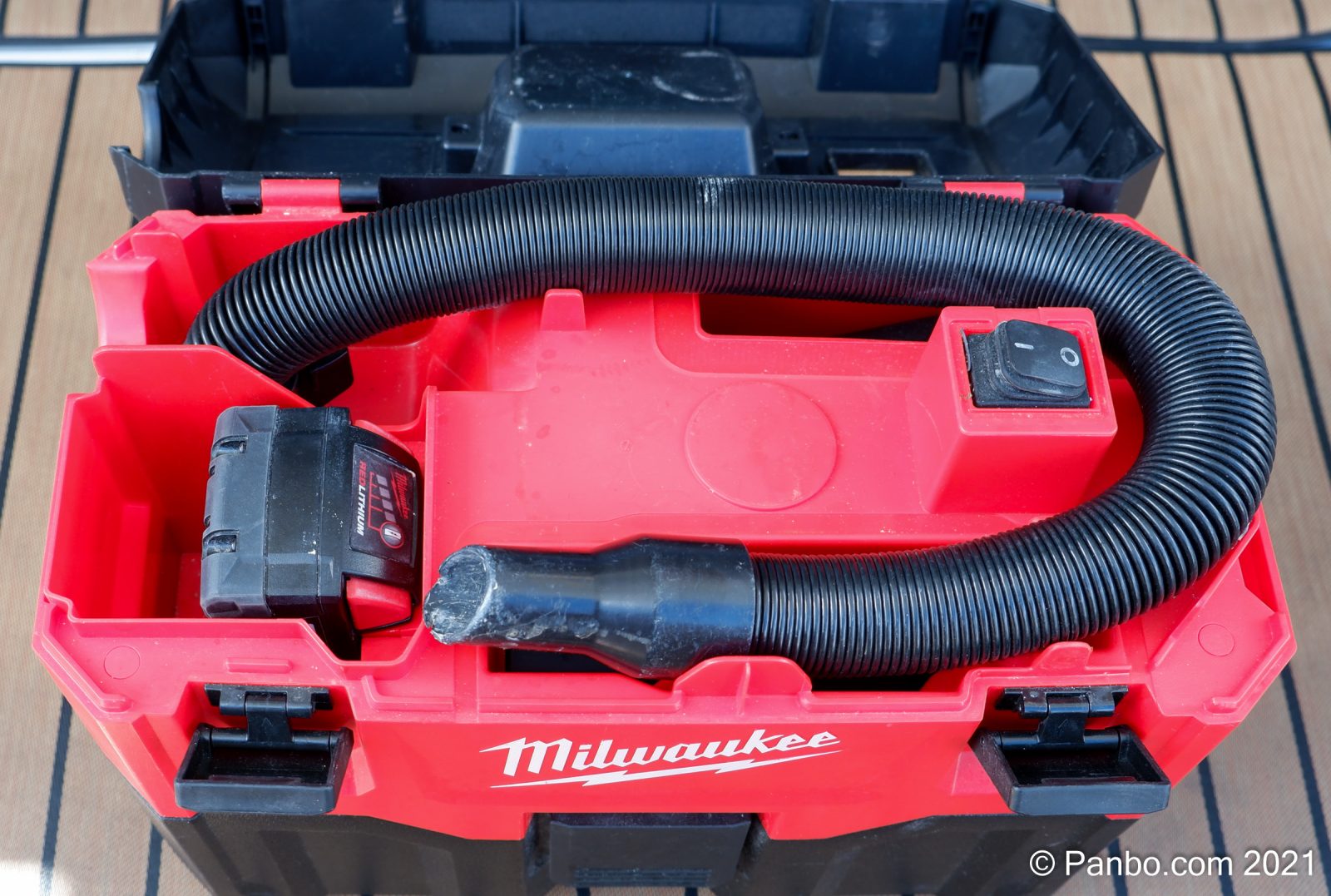





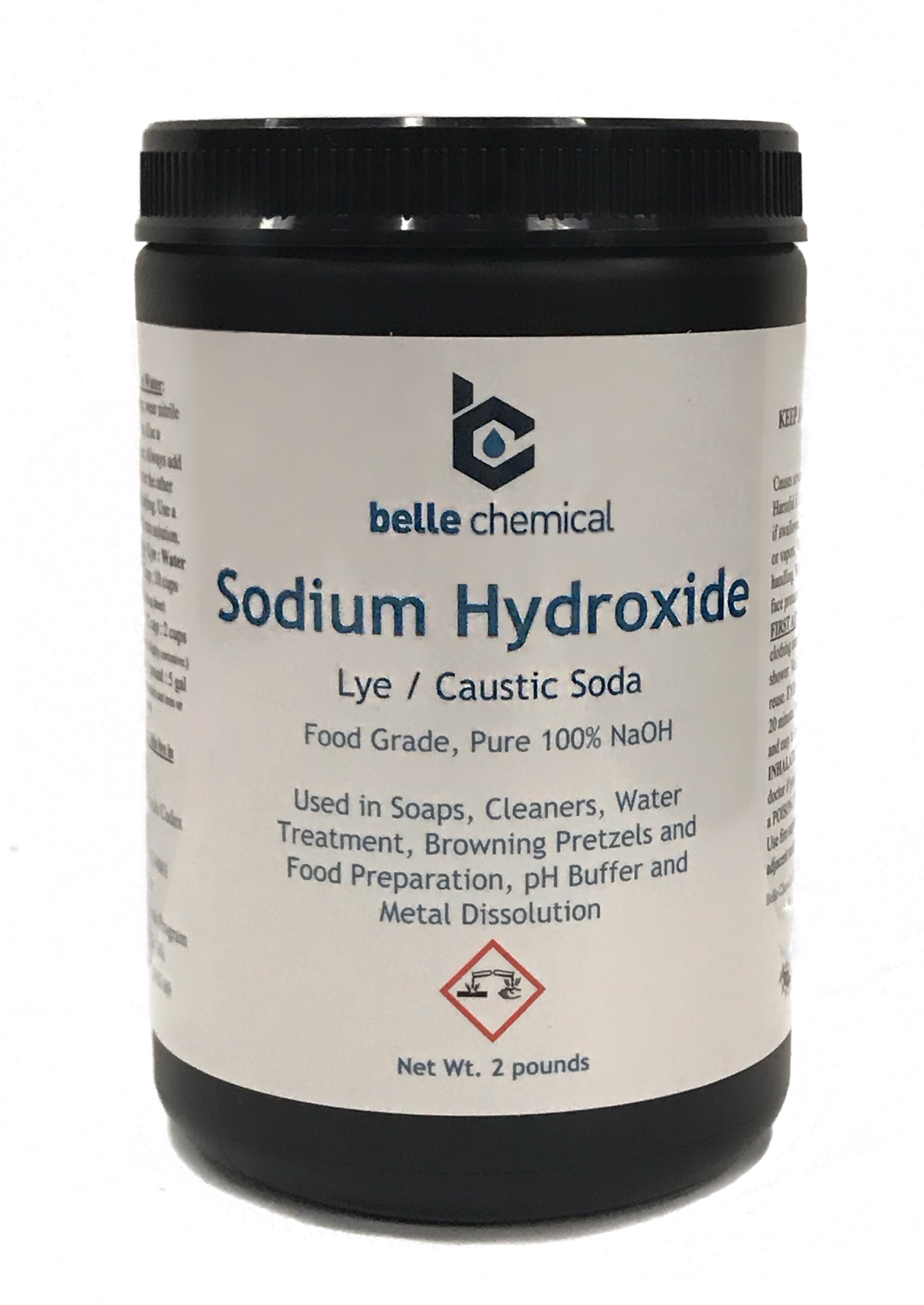




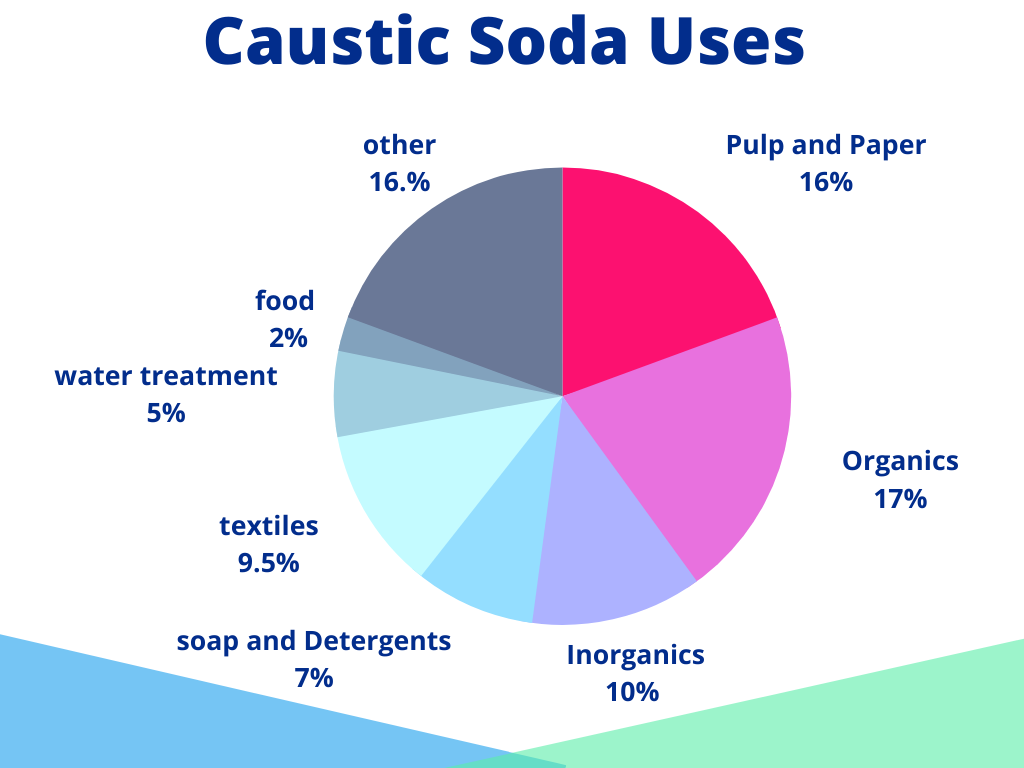
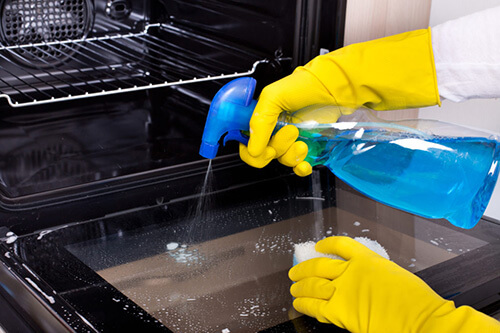




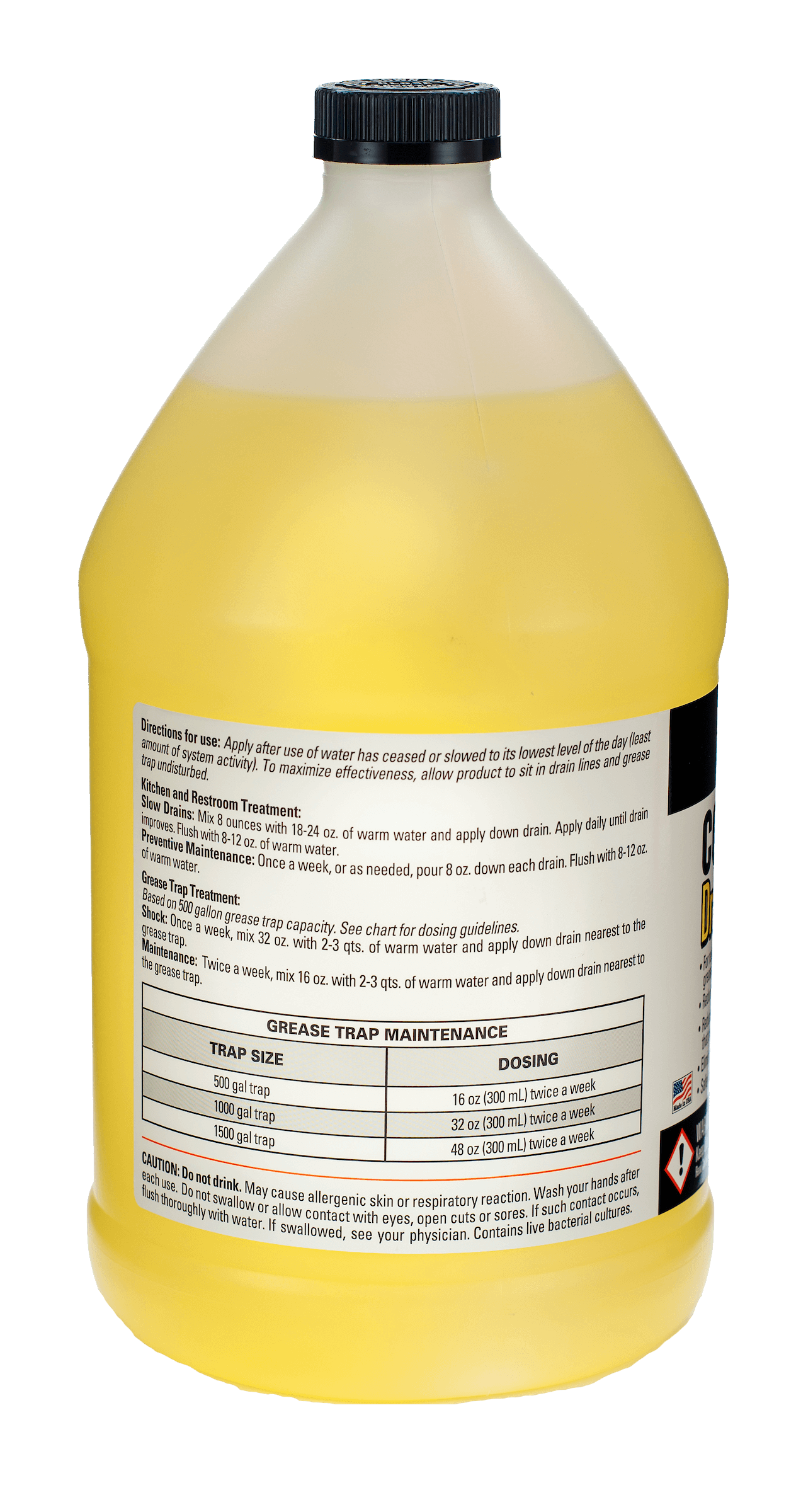






/GreenGobblerRefresh32oz-5bc63b0d4cedfd00266e4611.jpg)


